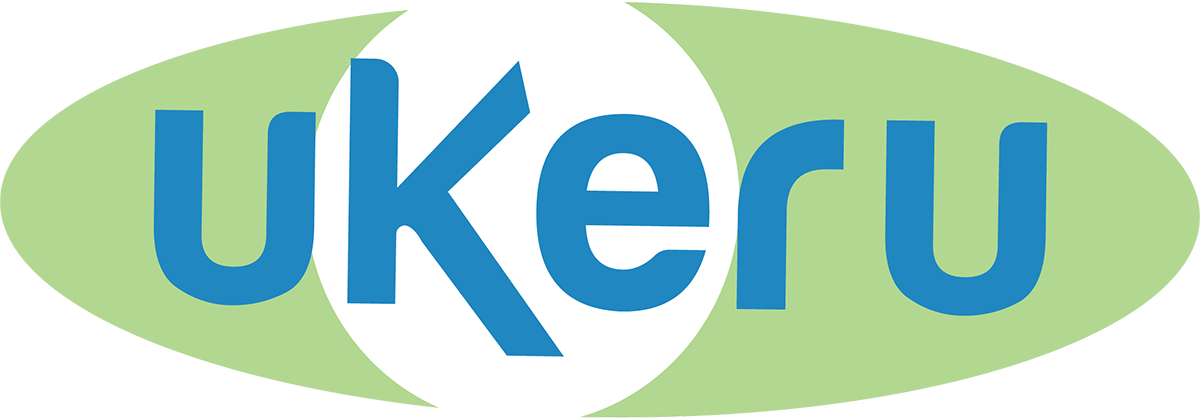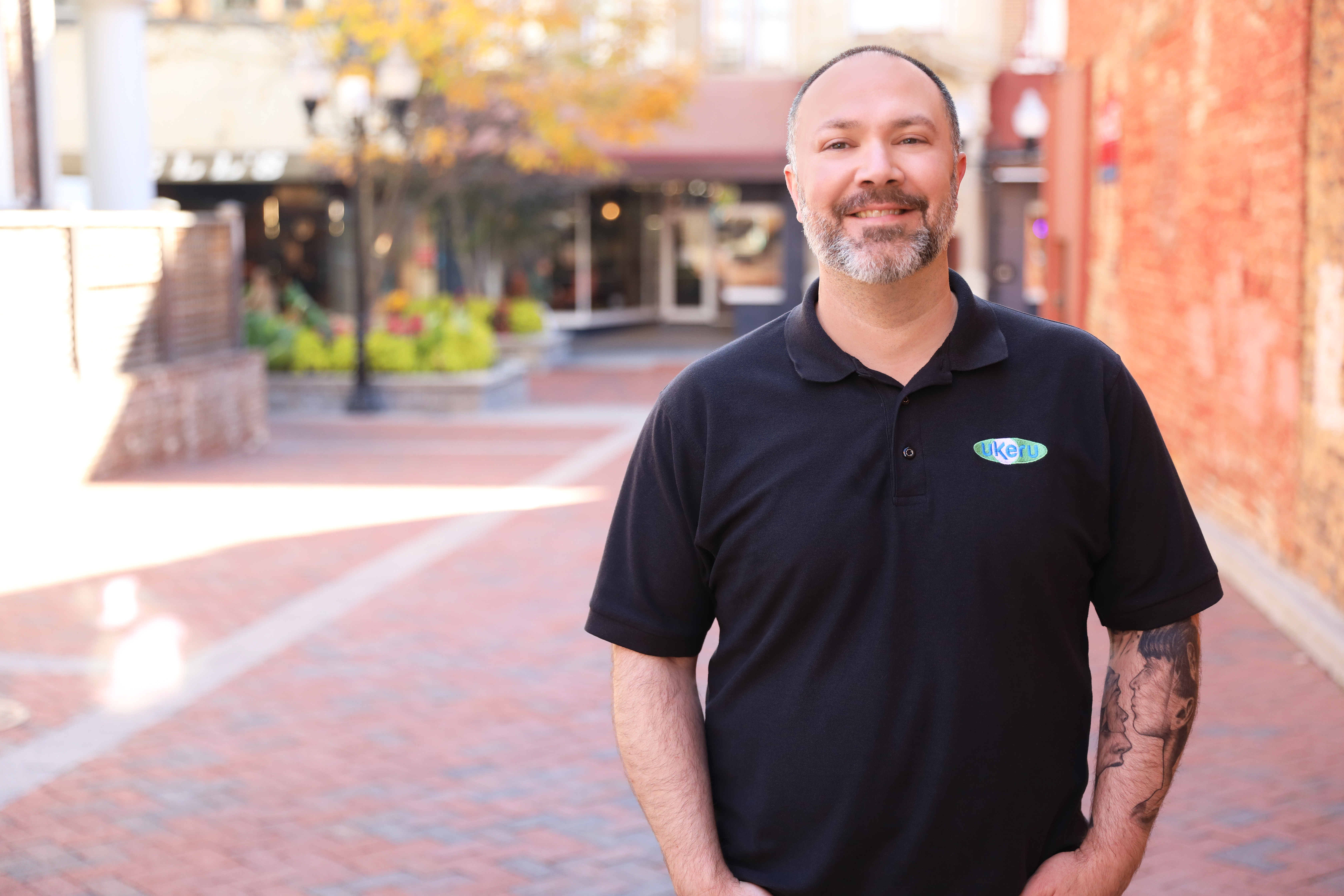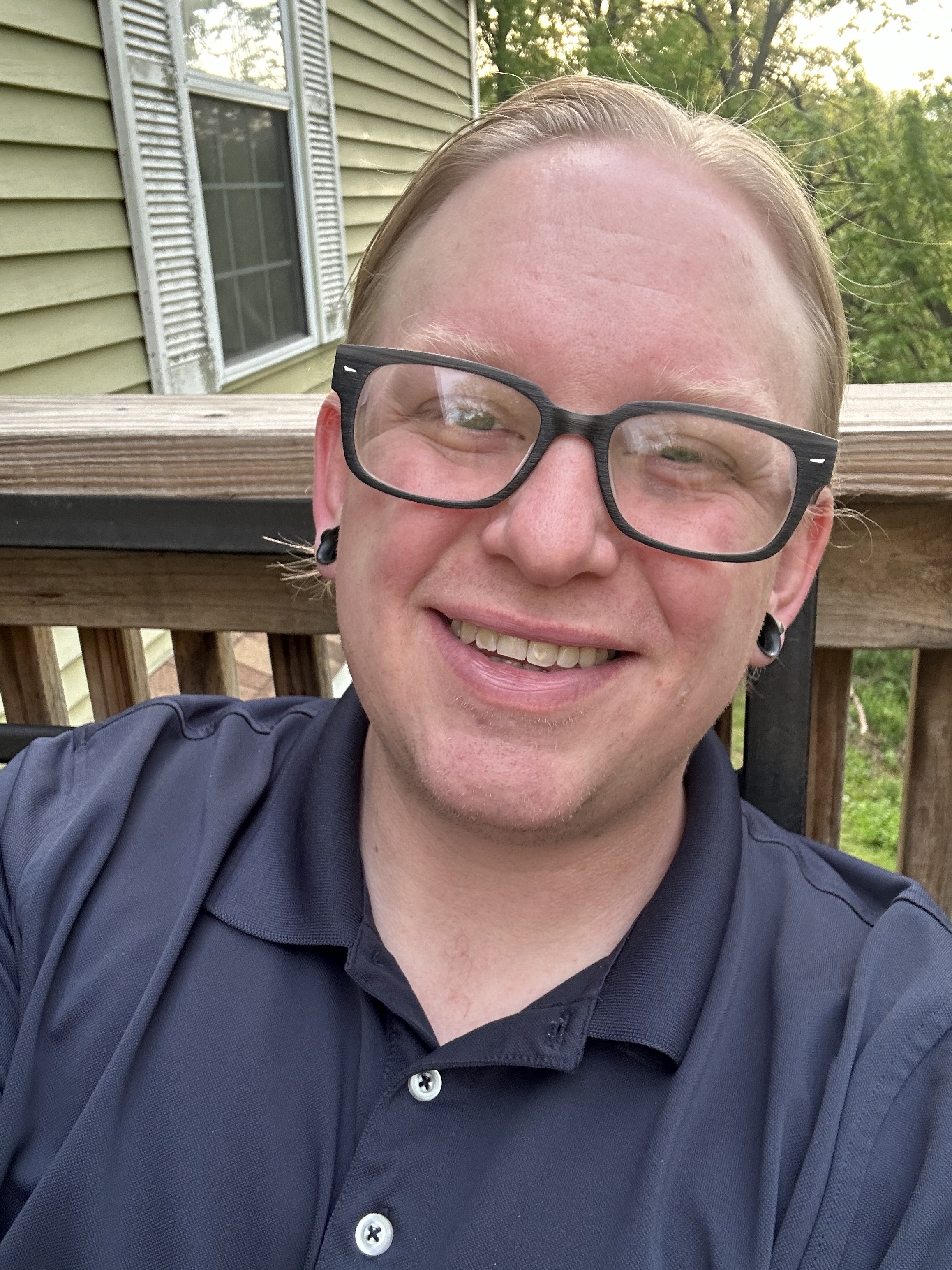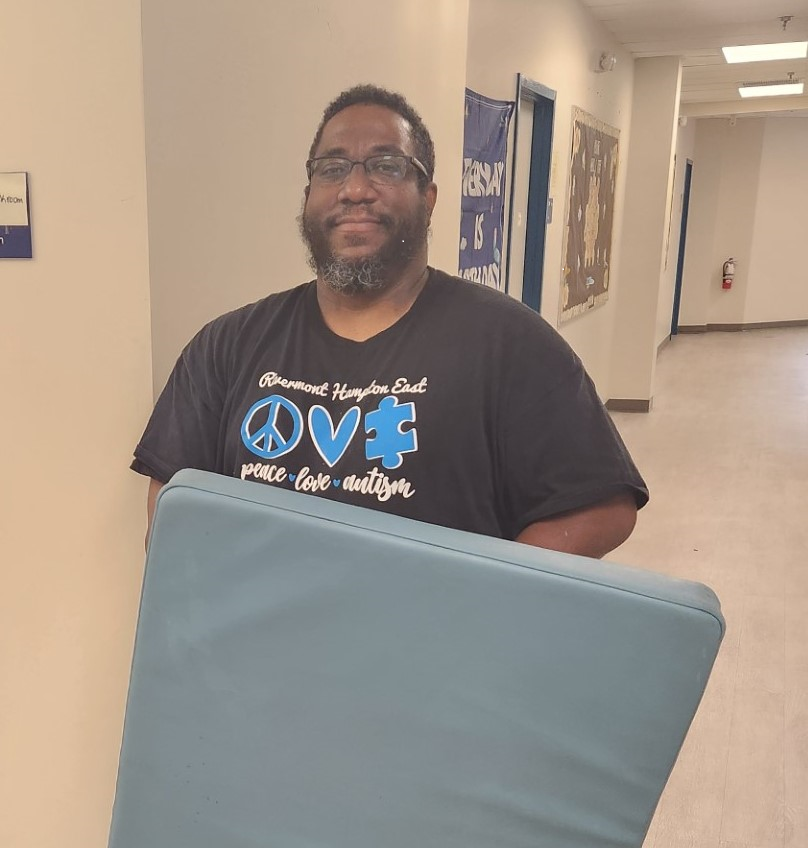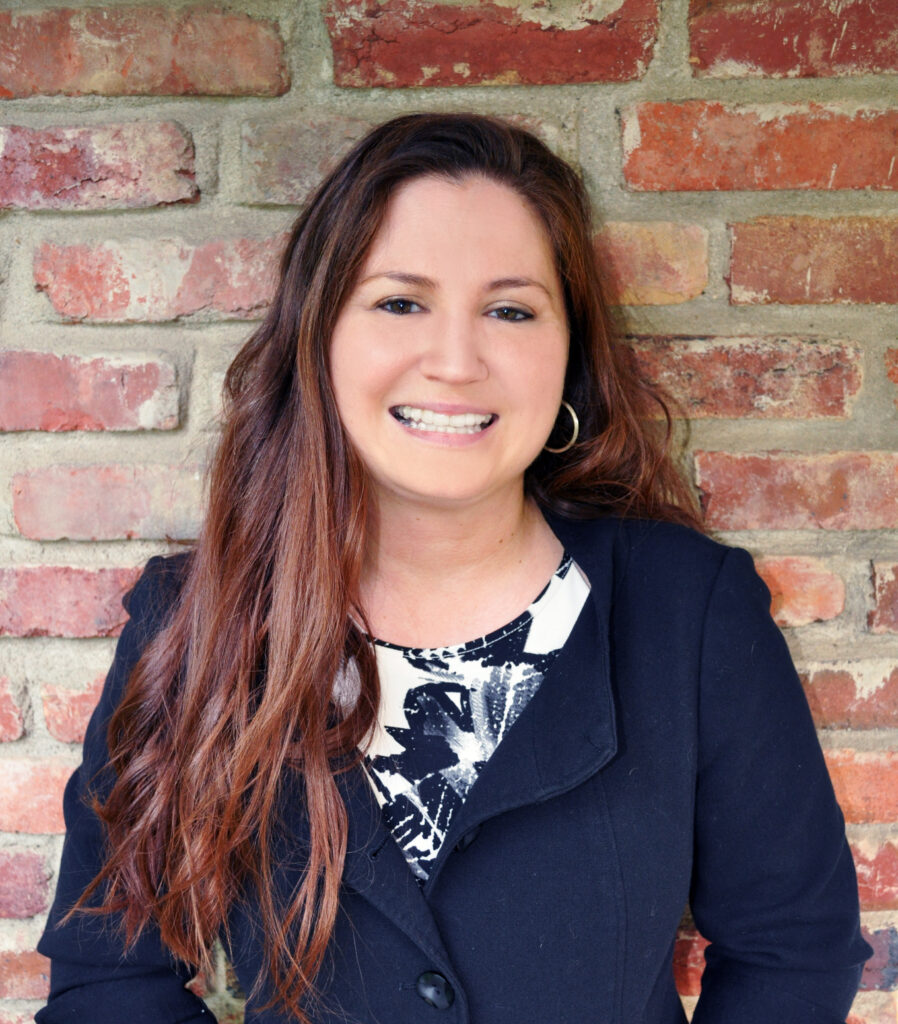
By Tharen Koelsch
In the early part of 2020, the initial school shutdowns brought an unexpected benefit to my family; my daughter was no longer being placed in solitary confinement. Without the threat of seclusion, she finally began to learn and thrive when I became her primary source of learning. When she did return to the classroom this past winter, it was in a school using the Ukeru method, and my daughter continues to grow. It has been a process, however, and we still have moments where it is difficult, both mentally and physically. I thought other parents in the same boat as me may find something that may help on their own journey to healing after school seclusions.
- It’s not your fault – This was a hard pill to swallow for me – I had spent years blaming myself for not being a “good” parent. But how others react to a child with a disability is not on me, plain and simple. The continued allowance of seclusion, in my opinion, has become a loophole and prevents innovative new methods of being implemented. Accepting that it was the system, and not my child or me that needed changing, was the first step on our road to healing.
- Take the time to heal – As many parents do, I spent years on autopilot; bills, work, daily chores, much less taking care of a disabled child. I was also depressed, stressed, anxious and burnt out. I’ve taken the last few years to really accept what has happened and to give my family time to not rush. I have days where I do want to be angry or sad, and I acknowledge it. I have learned to say no, whether it was work related or just a family event. When the crippling guilt of not doing enough starts to creep in, I put it to the side and spend extra time with my daughter if she wants. I also know my daughter may never understand what happened to her, that solitary confinement memories may come in and I won’t know. Her emotions may be the trauma resurfacing, and I just need to do what I can to make her feel safe again.
- New methods at home – While my daughter has not had any major behavioral issues in the school setting since joining the Ukeru family, she has some at home. And it makes perfect sense – the children feel safe enough at home to let their true emotions show, especially if they hold it together all day. I also believe she is inadvertently seeking seclusion as the mark of the end of the issue, a learned behavior after all those years. I was very eager to take the Ukeru parent training and it has been a game changer for us. We use pillows at home to block any physicality, and it has lessened both the degree and length of her extreme behaviors.
- Find joy again – In hindsight, me and my daughter were in survival mode during her seclusion years and it had stunted life’s joys for both of us. Now, on the other side, we take it day by day, moment by moment. Bedtimes are flexible if we are having fun. I’ve rediscovered reading, even if just for a few minutes a day. We usually stick with certain places to visit – we need consistency with her lack of language, but we’ve begun to try new activities. I use lots of visual images, even a printed picture or internet search of the actual restaurant we are going to, to physically show the sequence of the day’s events and it has been a huge step in letting my daughter know and help plan new places to visit.
- Leave problems for the future – It can be overwhelming the problems we face on a daily basis. Factor in jobs, finances, the uncertainty of our children’s futures and it can bring even the strongest to their knees. Quite frequently, it can hit in the moments before bed, which never helps. I’ve adapted a new method when I’m in the midst of a possible future worry – leave it for my future self. If I can’t do anything at that very moment, it’s not my concern. It will be, eventually, and I’ll take care of it then. And I’ve adapted that for my daughter as well. If there is something creating an issue or behavior, such as cleaning a room, or eating, I’ll let it go. Power struggles were a huge factor in my daughter’s seclusions and I’ve given the superfluous ones up. Obviously, going to school and the like can’t be changed, but I’ve let things go if I can.
Healing is still a work in progress for us, and we have our ups and downs. We have regressions, both physically and mentally. Don’t let that deter you and give up. Just remember, life isn’t going to turn around in one day and it will take a lot of work. Every day is a new day though, and the chance of a new direction.
Tharen Koelsch is the parent of a deaf child, a former preschool teacher and former director of a gym for children. She lives in Northern Virginia and spends her free time reading and writing.
